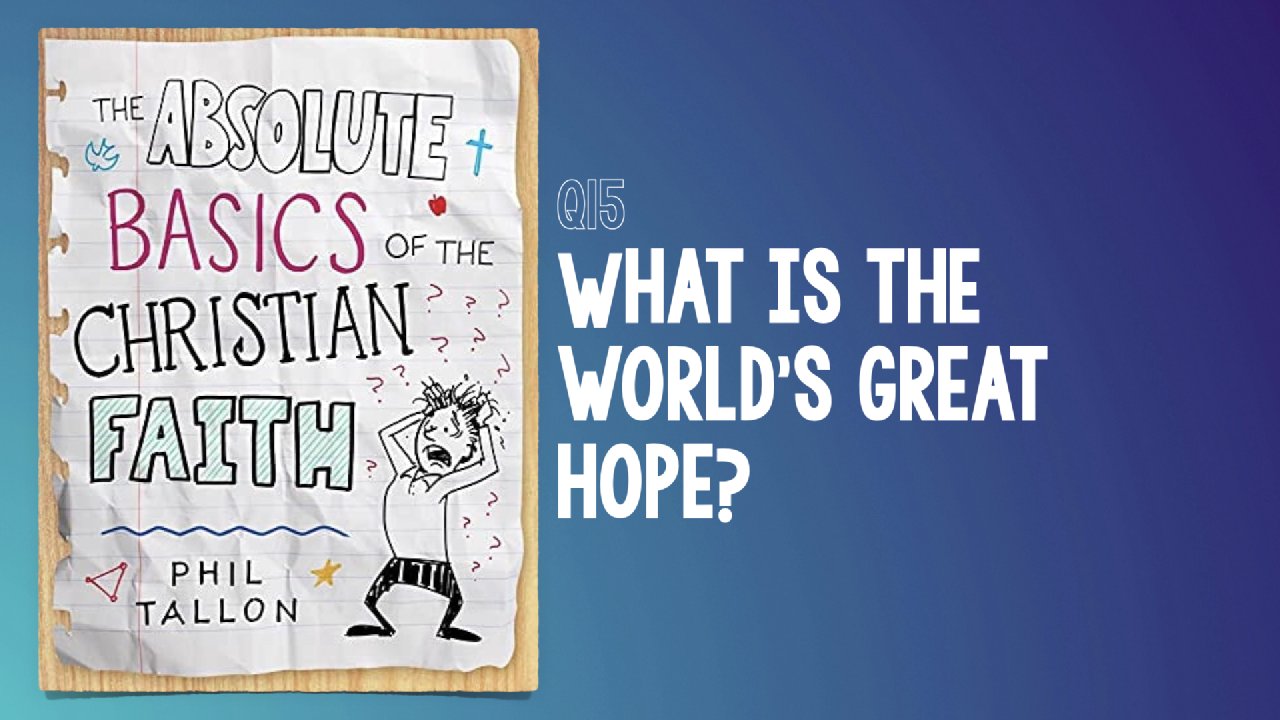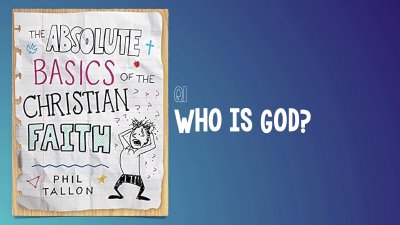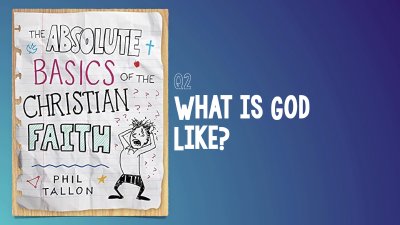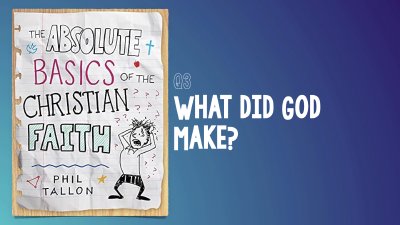Q. What is the world’s great hope?
A. Christ has died. Christ has risen. Christ will come again to redeem all things and reign as King forever. (Revelation 22:20)
● Discussion Question: What is your favorite part of the Bible? Is it the ending?
● Discussion Question: What are some different reasons we read the Bible? Is there one main reason? Or are there many reasons we should read the Bible?
● Discussion: Read Matthew 6:9–13 together. What does the part in the Lord’s prayer, where we say, “thy kingdom come,” mean for life on earth now? How is it connected to all the other parts of the prayer?
● Discussion Question: Why is the story of God, as told in the Old and New Testaments, important for knowing what the future holds?
● Discussion Question: What do God’s past acts of redemption tell us about the future act of redemption?
● Discussion Question: J.R.R. Tolkien and C.S. Lewis have both written extensively on how great stories and pieces of fiction actually reflect the great story of God, many of them including signposts toward the great truth about reality, that all will be made right in the end. What stories—think of nursery rhymes, books, movies, and even music—can you think of that reflect this truth?
● Discussion Question: Should the Christian pray for Christ’s second coming? Or should the Christian pray for more time to reach more people? Should the Christian desire death—union with Christ; or life—opportunity to work as Christ?
● Discussion Question: What was the most important idea you learned from this lesson? Is there anything you still don’t understand?
● Application Question: How does knowing that Jesus is returning to redeem all things change how we live here and now?








